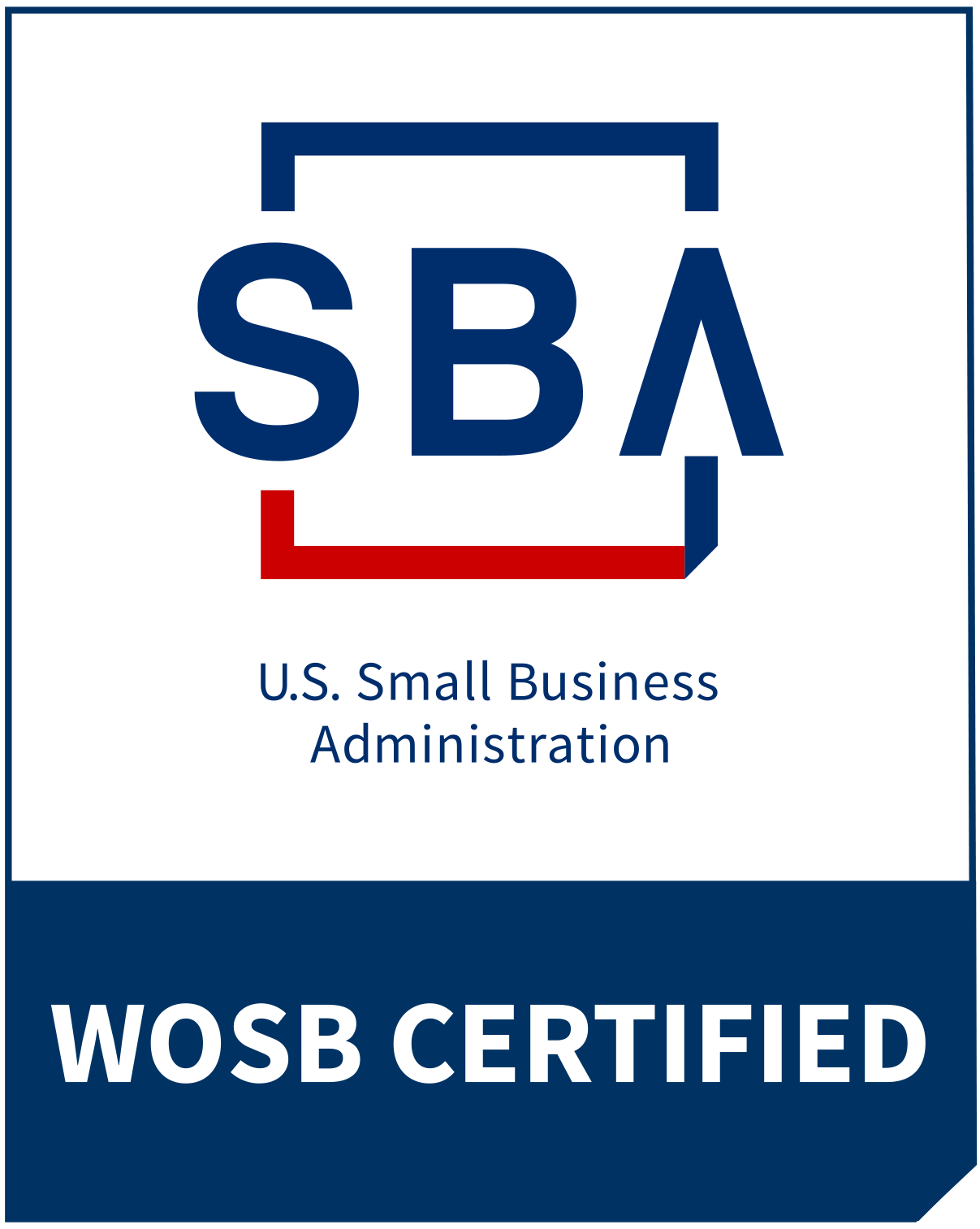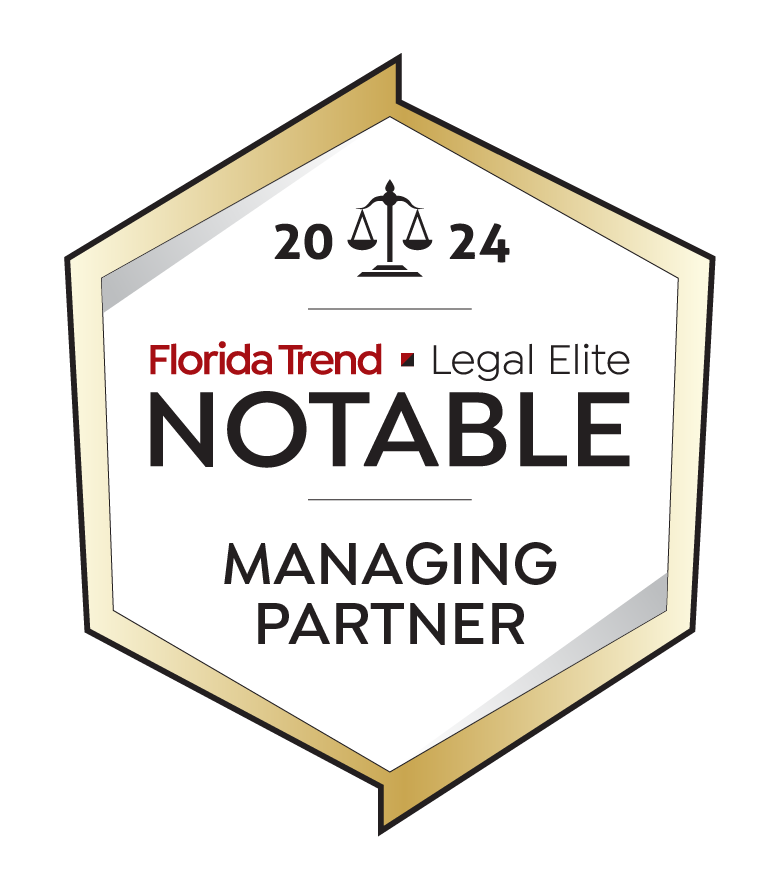The question of adult guardianship arises when a disabled child reaches the age of majority and becomes legally responsible for themselves. The other situation that could trigger a need for a guardian is when a person develops a disabling condition and needs help managing their affairs.
Guardianship is a matter that requires care, sensitivity, and attention to detail. If you believe a loved one needs a guardian, or you want to prepare for your own future, make an appointment to speak with a compassionate attorney.
Different forms of guardianship exist for different situations. A Pinecrest guardianship lawyer can listen to your concerns and recommend the right strategy.
Guardianship Can Take Various Forms
A person who has a guardian is called a ward. The needs of the proposed ward determine what kind of guardianship a court might impose. Courts strive to allow the ward to keep as many rights as possible while ensuring the guardian has sufficient authority to see to the ward’s well-being.
If the ward requires help with healthcare decisions, a “guardian of the body” is appropriate. Guardians of the body can decide what medical care someone should receive and whether they can live at home or should be in a care facility. “Guardians of the property” take care of the ward’s finances and ensure their needs are met.
Meanwhile, plenary guardians can make healthcare decisions, handle the ward’s financial matters, decide where the ward should live, and can sell the ward’s home if the ward cannot live in it.
Basics of Establishing Guardianship
Every form of guardianship strips specific rights from the ward and transfers them to the guardian. The law generally tries to preserve rights, so courts require substantial proof that guardianship is necessary. If it is, then courts will impose the least restrictive form that protects the ward.
Involuntary Guardianship
A family member, friend, caregiver, or another person must petition the court to seek guardianship. They must provide a copy of the petition to the person allegedly needing a guardian – and to their lawyer, if they have one. The court will appoint an attorney for the proposed ward, if necessary.
A panel of healthcare professionals, including at least one medical doctor, interviews the proposed ward. Each professional submits an opinion to the court about whether the individual requires a guardian. Once it has received the expert opinions, the court will hold an adjudicatory hearing to decide whether to appoint a guardian.
Voluntary Guardianship
Sometimes a person receives a diagnosis indicating they will progressively lose their ability to make decisions or care for themselves. In other cases, a person might recognize they need help with managing their finances or other affairs. A person might seek a guardian for themselves in such cases. The guardian is often a spouse, adult child, or trusted friend.
Voluntary guardianship is usually straightforward. The person who will assume guardianship submits a petition and guardianship application to the court. A Pinecrest guardianship attorney can assist in completing and filing the paperwork.
Qualifications and Responsibilities of a Guardian
Florida Statute § 744.309 establishes the legal qualifications of a guardian. First and foremost, they must be residents of the state and over 18. A non-resident can be a guardian if they are related to the ward through blood or adoption.
An applicant must have the physical and mental ability to execute the duties of a guardian. A guardian cannot be a ward’s creditor or have a significant business relationship with the ward, with the exception being that banks and trust companies could be guardians of the ward’s property. Convicted felons and persons convicted of certain other crimes are disqualified from being guardians.
Guardians must make periodic reports to the court, with the first one due within 60 days of their appointment and with annual reports thereafter. The first report must also include a guardianship plan. A Pinecrest attorney can advise a guardian about what to include in the plan.
Consult a Pinecrest Guardianship Attorney Today
If you have a relative or close friend who requires assistance with some aspect of life, or if you anticipate needing help, contact a Pinecrest guardianship lawyer. They can discuss your situation, recommend the right form of guardianship, help you establish this role, and advise you of your legal duties. Call us today and discuss guardianship with The Florida Probate & Family Law Firm.



























